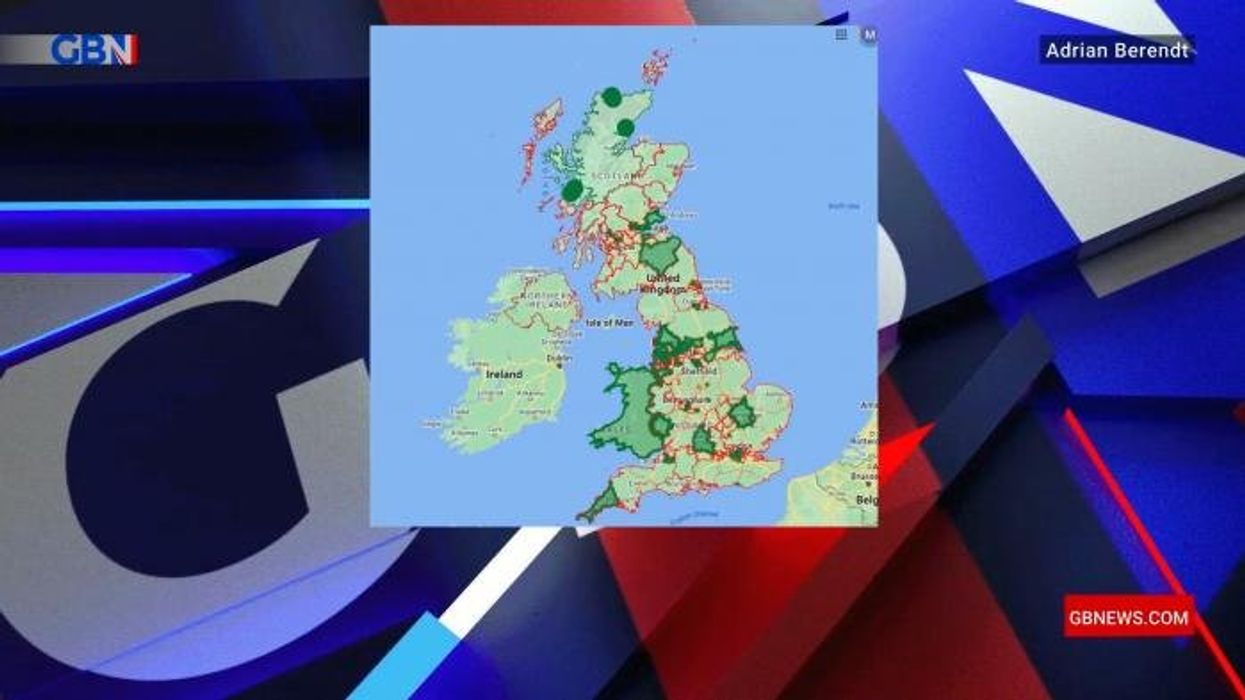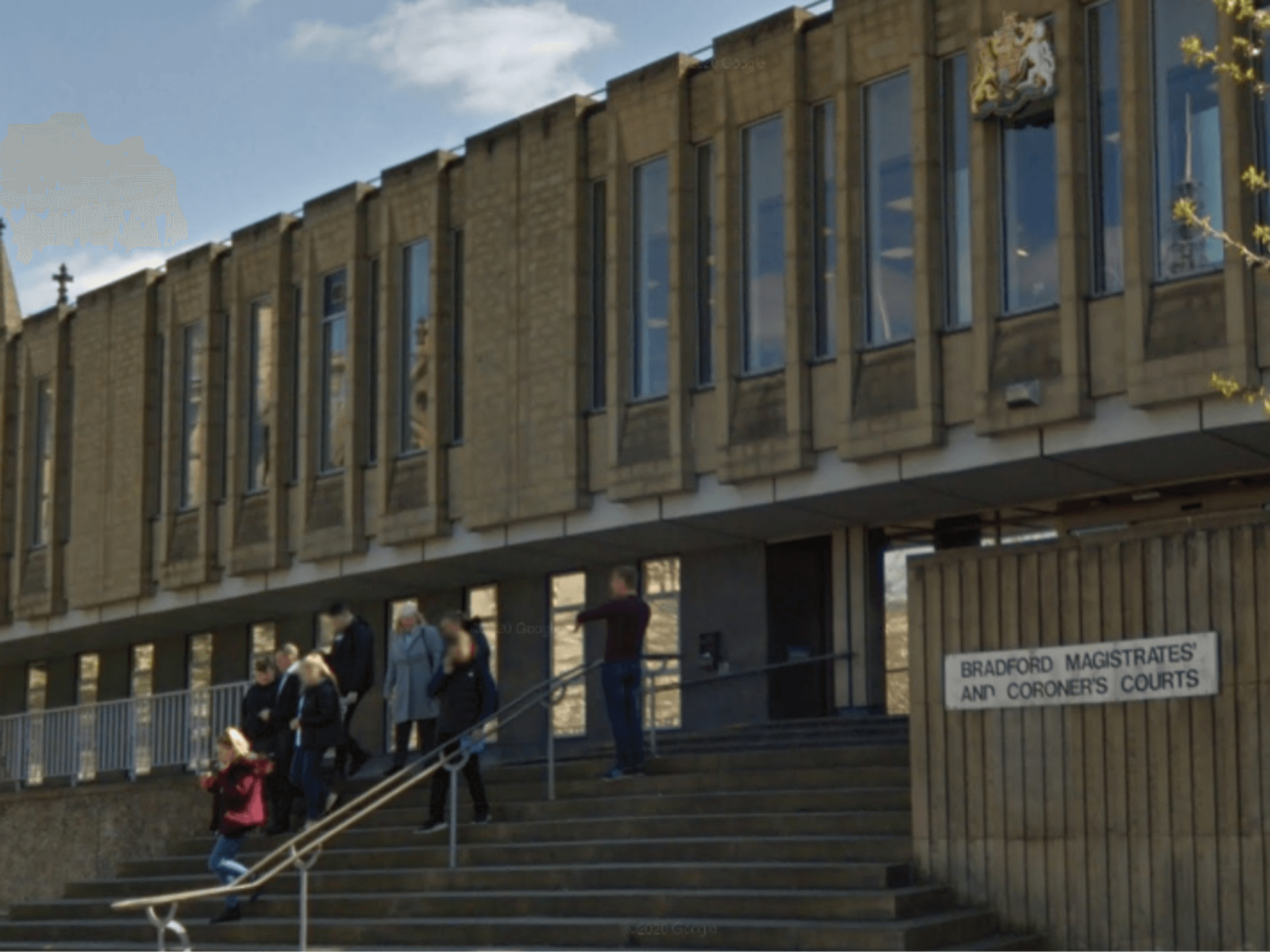Motorists' fury as local council introduces parking ban and new 20mph limit across popular region

Fife Council introduced a pavement parking ban on September 1
Don't Miss
Most Read
Drivers have been warned of new enforcement measures in effect across a major UK region, which will see thousands face fines and new enforcement.
It comes after Fife Council introduced significant road safety measures aimed at protecting vulnerable road users and improving accessibility across the region.
Since early September, motorists can now face financial penalties for pavement parking offences, while residents in the Cowdenbeath area are being asked to provide feedback on proposals to introduce 20mph speed limits in several local communities.
Both initiatives support Scotland's ambitious goal of eliminating road deaths and serious injuries by 2050.
TRENDING
Stories
Videos
Your Say
Local authorities have been increasingly tightening up rules around road safety, with many opting to lower speed limits to help create safer streets.
The new pavement parking ban, which became enforceable on September 1 following a two-month grace period, aims to address long-standing concerns about blocked footways.
Motorists who park with even one wheel on the pavement now face a £100 penalty charge, reduced to £50 if paid within 14 days. The legislation also prohibits double parking and blocking dropped kerbs intended for pedestrian crossings.
To prepare for the new measures, council officers reviewed over 12,500 streets across Fife to identify potential exemptions where pavement parking may remain necessary, for example, on narrow roads where alternative arrangements are impractical.
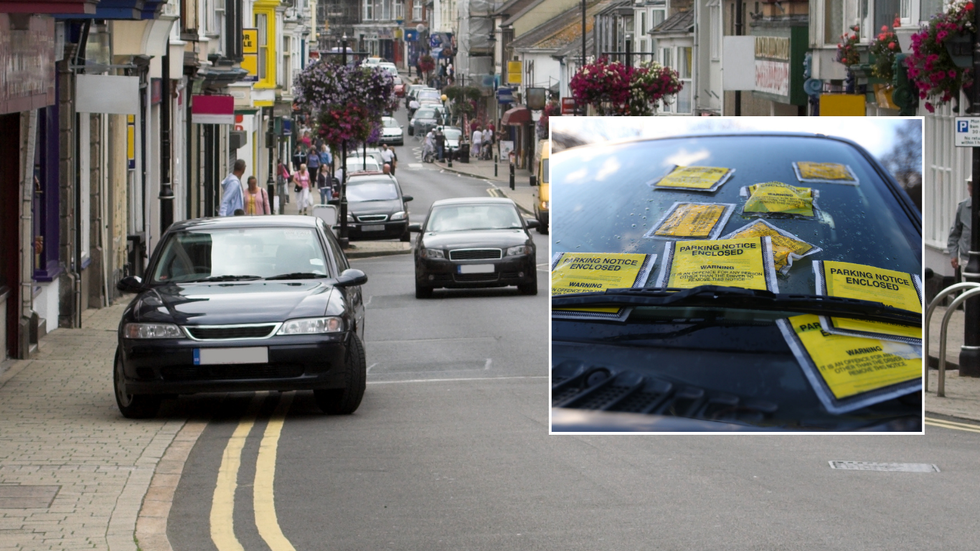
Drivers can be fined for parking on the pavement as well as breaking the 20mph speed limit
| GETTYEven on these exempt streets, drivers must still leave at least 1.5 metres of clear space for pedestrians.
Responsibility for enforcement was transferred to Fife Council under new Scottish Government legislation designed to enhance accessibility for wheelchair users, people with visual impairments, and parents or carers with pushchairs.
Advisory notices were issued throughout July and August to allow motorists time to adapt before fines were introduced.
Councillor Altany Craik said: "The law aims to improve the safety of pedestrians—particularly those with mobility challenges, visual impairments, or young children in prams. Pavements are for people, not for parking."
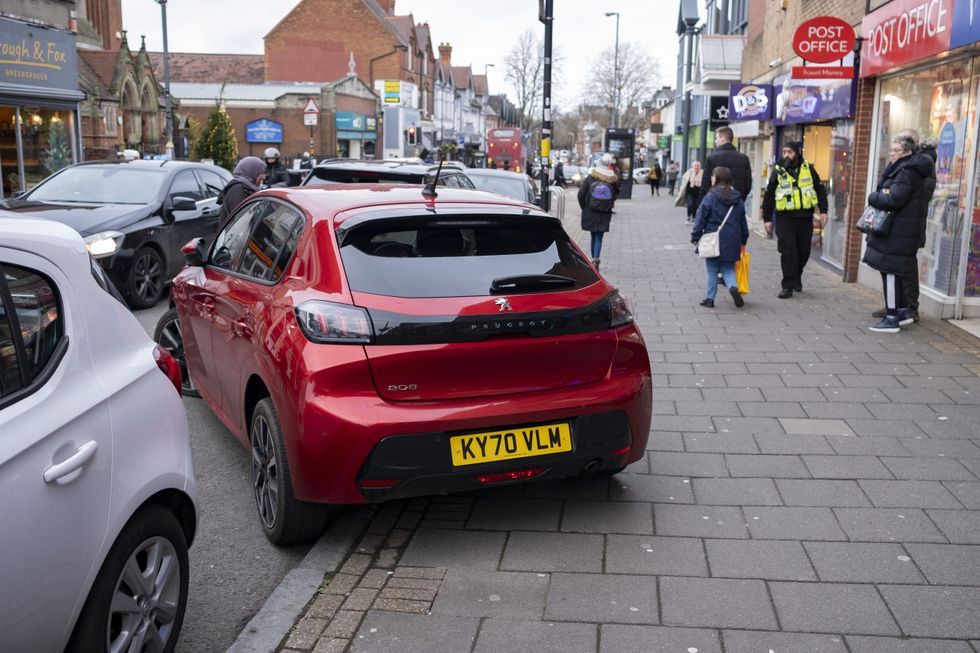 Pavement parking is currently illegal in London and across Scotland | GETTY
Pavement parking is currently illegal in London and across Scotland | GETTYLATEST DEVELOPMENTS:
- Labour dealt blow as major car brand refuses to give up petrol and diesel cars - 'Customers will decide'
- HGV drivers face £7,300 fine for breaching UK road safety rules as police crack down on offenders
- Thousands of drivers to be hit with £5 daily fee as new road charges launch within weeks - 'Major milestone'
Mr Craik stressed that unless a street is specifically listed as exempt, the rule for drivers is simple, "do not park on pavements".
Alongside the parking changes, Fife Council has also begun consulting residents on proposed 20mph speed restrictions in Cowdenbeath and surrounding communities, including Lumphinnans, Lochgelly, Kelty, Crossgates, Benarty and Cardenden.
The proposals build on earlier phases that introduced 20mph zones in St Andrews, Rosyth and Falkland.
The move follows reports that pedestrians struck at 30mph are seven times more likely to be killed than those hit at 20mph.
The initiative supports the Scottish Government's Road Safety Framework to 2030, which promotes a "safe system" approach—designing roads and policies that reduce the likelihood and severity of collisions.
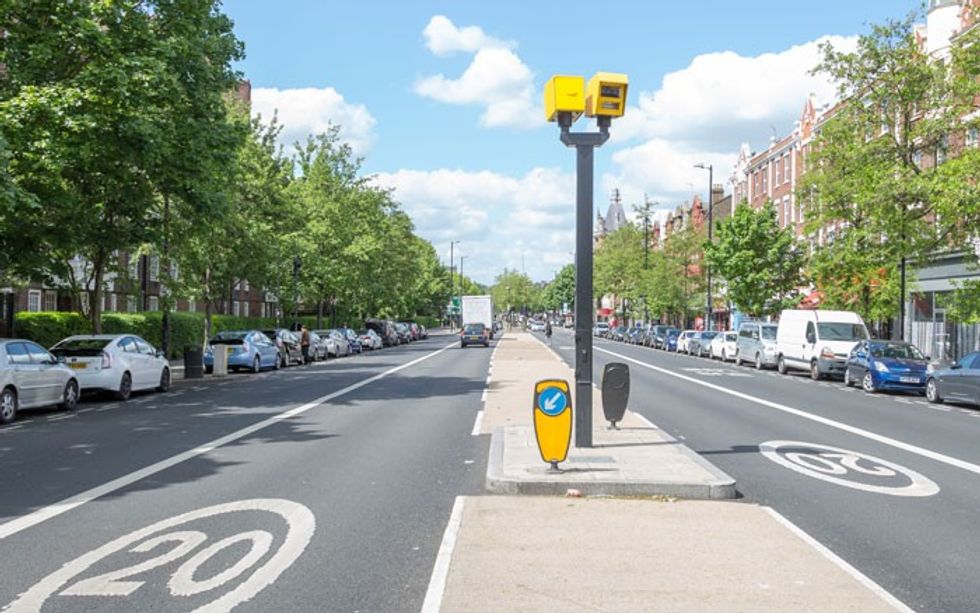 Drivers can be fined £100 for breaking the 20mph speed limit | TFL
Drivers can be fined £100 for breaking the 20mph speed limit | TFLCouncillor Alex Campbell, chair of the Cowdenbeath Area Committee, emphasised that the initiative is about saving lives, not slowing them down.
"One person dying due to speeding is one too many," he said. "While some drivers worry about longer journeys, studies show the impact is minimal—often less than a minute added to a five-mile trip. That's a small price to pay if it helps prevent tragedy."
Residents are encouraged to share their views on the proposals via the online consultation portal before any further steps are announced.
Mr Campbell also urged widespread participation, particularly from those who feel certain streets have been overlooked. "We want to hear from everyone—whether you support the changes or have specific concerns. Your feedback will help shape safer communities for all."


